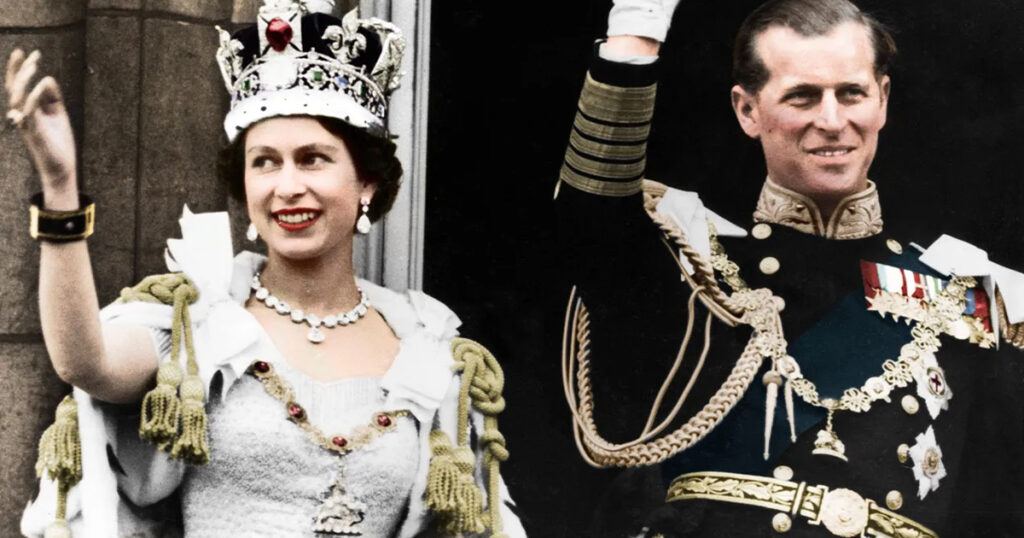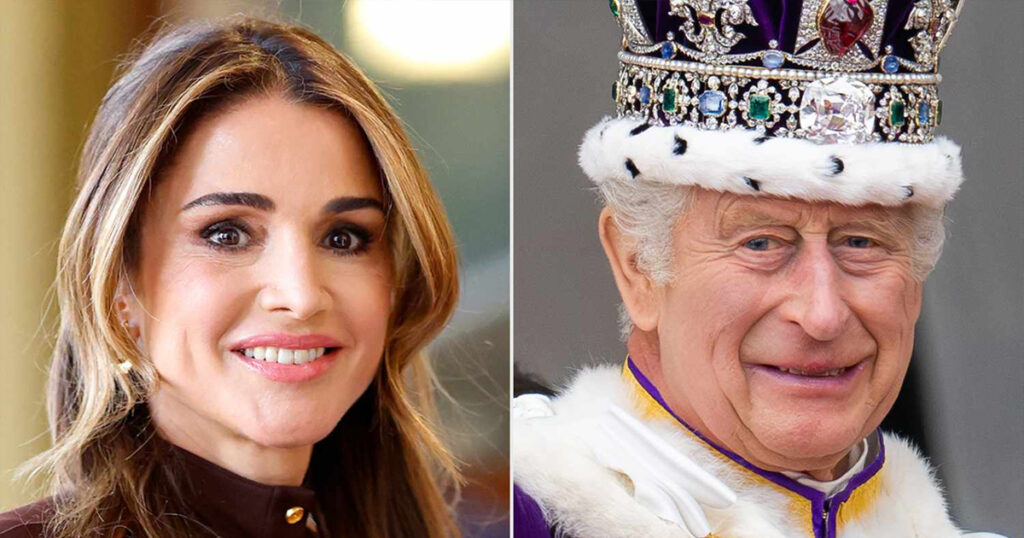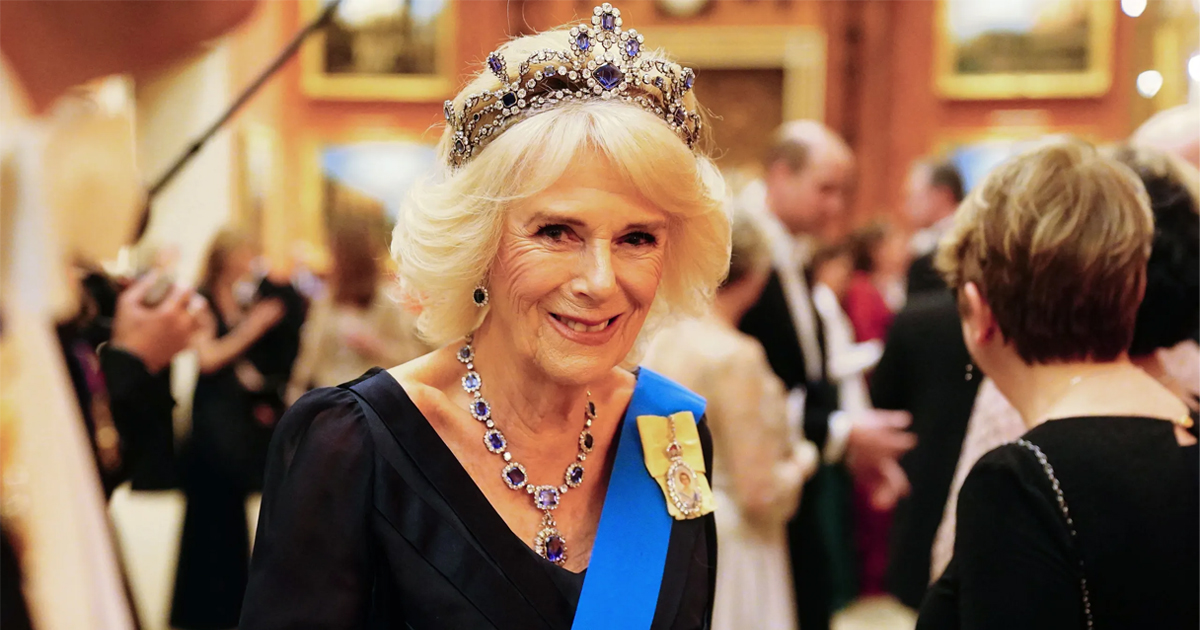The Role of a Consort: More Than Just a Supportive Figure
The role of a consort is secondary. Supporters of their partners, the ruling monarchs, view themselves as consorts. They hold no real authority. Yet, this view overlooks the great influence many consorts have had. They shaped political decisions, cultural trends, and social norms. A consort’s role is more nuanced than a supportive figure. The symbolic and ceremonial aspects of consort ship matter. Their influence is now more recognized. Their power and contributions to diplomacy and humanitarian work are key. We will also consider what it means to be a consort today.
Historical Evolution of the Consort’s Role
To understand the role of a consort today, we must first look at its history. Throughout history, queens have married into ruling families to secure political alliances. This symbolized alliances between kingdoms and states. The ruling partner had formal power. But the consort was vital in maintaining the royal lineage by giving birth, especially to a male heir. This duty often sets a consort’s place in history. Failing to produce heirs could lead to a fall from favor. For example, Anne Boleyn’s failure to give King Henry VIII a male heir led to her downfall and execution. This was despite her initial influence in Henry’s court. It would be a mistake to assume all consorts were only for reproduction. Many consorts, especially queens, influenced state affairs. They did this through their marriages and their courtly politics.
The Consort’s Influence on Political and Diplomatic Matters

The consort’s political influence has often depended on their bond with the monarch. Many consorts have served as trusted confidants and advisors. Their behind-the-scenes counsel has shaped key political decisions. A key example is Eleanor of Aquitaine. She was a powerful, influential consort. She played a key role in the politics of both nations. Eleanor was smart and politically savvy. Her influence went beyond domestic matters. She took part in diplomatic missions and even led armies. She did this to support her son’s claims to power during the Anarchy in England. Her alliances and political moves made her vital to European politics.
Significant Influence
During the reigns of her three sons. Though not the official ruler, she significantly influenced French politics. She acted as a regent during her son’s minority. She steered France’s history during a critical time. He had no political power. But, as the Queen’s advisor, he shaped the monarchy’s public image during a great change. He led modernizations within the monarchy. He helped make it more accessible and relatable to the public. Prince Albert, Queen Victoria’s husband, is a notable example. A consort could wield considerable influence. Though not a king, Albert’s mind and skills shaped British education and arts policy. He modernized various institutions. He helped organize the 1851 Great Exhibition. Albert’s contributions were so great that, after his death, Queen Victoria mourned. The monarchy’s work felt a significant absence without his advice.
Cultural and Social Influence of Consorts
Consorts, beyond politics and diplomacy, have shaped culture and social trends. Their fame lets them shape fashion, art, and culture. They often symbolize their era’s ideals and values. The consort’s role has changed. This allows modern consorts to reach a global audience. Princess Diana, consort to Charles, Prince of Wales, is very famous. She is a prime example of a consort whose influence went beyond the royal household. Diana’s work on HIV/AIDS and landmines made her a global icon for compassion and justice. Diana’s well-publicized struggles sparked debates about mental health and public life.
Queen Rania Consort to Jordan

Queen Rania of Jordan has used her position to advocate for education reform. Women’s rights and cross-cultural understanding. With millions of social media followers, she raises awareness of global issues. This breaks the traditional mould of a consort as a silent supporter. Queen Rania is a global ambassador for Arab and Muslim women. She shows how consorts can use their influence to shape views and aid progress.
Modern Consorts and Humanitarianism
Today, the consort’s role often goes beyond monarchy and politics. Many consorts are now well-known for their humanitarian and charitable work. Modern consorts must champion causes and lead initiatives. They should contribute to global issues. This shift shows a new view of leadership. Consorts are now active participants, not supporters. They help shape the world’s future. Queen Silvia of Sweden is a notable example of a consort. She participates in humanitarian work. Her work has raised global awareness of children’s rights and protection. It shows how consorts can use their status to drive change on social issues.
Prince Albert II of Monaco is a reigning monarch. He works with his consort, Princess Charlene, on environmental causes. Together, they have championed efforts to combat climate change and preserve marine life. Their teamwork shows how modern consorts can share duties with their ruling partners. Consorts today do more than ceremonial duties. They also help with humanitarian efforts. They are now influential global actors.
Navigating public scrutiny and personal sacrifice
A consort faces many challenges, especially today. Public life brings constant scrutiny. Consorts often face intense media attention. The public and press dissect their every move, decision, and relationship. This visibility can make it hard for consorts to keep their identity. They must conform to the public’s expectations of their role. Many consorts, especially in royal households, face a tough choice. They must support their partners while pursuing their interests. Consorts must often set aside their ambitions to fulfil their public duties.
Prince Philip’s life illustrated the sacrifices royal consorts make. He abandoned a promising naval path and devoted himself to Queen Elizabeth’s reign. His conservation efforts and youth programs, like the Award, were impactful. Yet, these successes came at a cost. They showed the hard choices for those who support monarchs from the sidelines.
The Consort’s Enduring Importance
The role of a consort, whether in the past or present, is complex beyond doubt. Consorts are not accessories to their ruling partners. They have often shaped political, cultural, and social landscapes. Their behind-the-scenes influence has had a significant impact on history. Today, there is a growing expectation for consorts. They must take active, visible roles in diplomacy, humanitarian work, or advocacy. Consorts’ influence is less formal than that of their ruling partners. But they provide vital support, guidance, and leadership. Their subtle ways have a profound impact. As 21st-century leadership evolves, so will the consort’s role. It will reflect changing societal expectations and values. Consorts are far more than supportive figures. They are leaders, advisors, and agents of change. They leave a lasting mark on the world stage.
Conclusion:
The role of a consort is often seen as secondary to a monarch’s. It is more than a supportive figure. Consorts have played key roles in diplomacy and governance throughout history. They have also shaped the nation’s social fabric. They often tell, confide in, and mediate political affairs. They use their influence to shape decisions behind the scenes. Their charity and cultural work boost their country’s global image, enhancing soft power. Consorts must balance public duty and personal sacrifice. Their contributions can leave lasting legacies. Consorts shape national narratives and foster stability in crises. They wield a quiet but potent authority. Their role goes beyond symbolism. It is vital to both personal and political aspects of leadership. Consorts, through diplomacy and cultural stewardship, show their true value. Their influence goes beyond traditional expectations.







